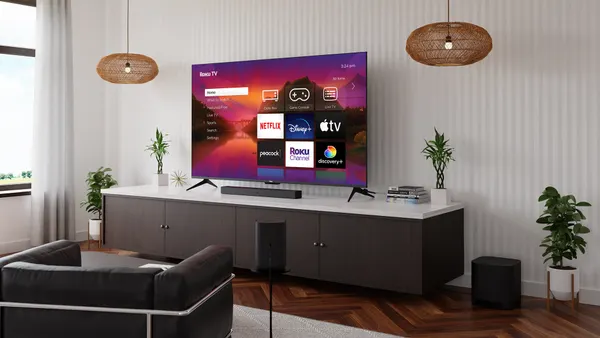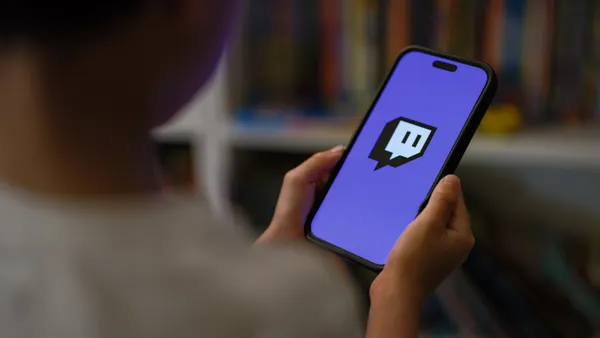UPDATE: July 11, 2019: The story has been updated to include a statement from Netflix indicating none of the products appearing in season three of "Stranger Things" were paid placements.
Dive Brief:
- More than 100 products appeared in Netflix's third season of the original show "Stranger Things," resulting in over $15 million in advertising value in the first three days of release, according to estimates from Concave Brand Tracking. The findings factor in screen time, logo/name visibility, product discernibility, viewership and cost of traditional TV advertising.
- The top 10 most visible brands were Coca-Cola, Cadillac, Chevrolet, Casio and 7-Eleven, Sharp, Adidas, Pentax, Reebok and Burger King, with Coca-Cola taking nearly $1.5 million of ad value. The figure is conservative as it doesn't factor in account sharing, per Concave.
- The third season of "Stranger Things" contained 1 to 3 times fewer products than many other Netflix shows, such as "House of Cards," "Daredevil" and "The Defenders," however Netflix's record-breaking viewership will generate far more advertising value, with the final episode containing the most brand visibility.
Dive Insight:
"Stranger Things" is receiving a significant amount of press attention and viewer critique for the over 100 products in the newly released third season, and this report is the first to put a value to the brand integration.
In an email to Marketing Dive, a Netflix spokesperson sought to clear up any confusion over how the appearances of branded products came about.
"None of the brands and products that appear in Stranger Things 3 were paid for or placed by third parties. They're all part of the Duffer Brothers' storytelling, which references 1980s consumer and popular culture."
Product placement overall is receiving renewed attention because of the popularity of streaming shows. However, experts in the marketing industry disagree over whether the term "product placement" refers specifically to a paid integration or can also encompass appearances that aren’t paid for.
"It should erase all doubts in marketers' minds as to the value of doing product placement in Netflix shows," said Dominic Artzrouni, founder of Concave Brand Tracking, in an email to Marketing Dive. "Brands that have relationships with the show will want to pursue them and many more will want to get on board."
Netflix released figures through Twitter reporting 40.7 million household accounts watched the season since its July 4 global launch, which is more than any other content piece on the platform in its first four days, and 18.2 million accounts have already finished the entire season. The streamer counts viewing 70% or more of an episode as one household view.
Many brands have partnered with the popular show for co-promotional strategies, including Coca Cola, Adidas, Reebok and Burger King. Burger King's upside down Whoppers promotion and Coke's resurrection of the failed "New Coke" from the '80s made waves even before the season release.
Coca-Cola was the most mentioned "Stranger Things" partner out of over 102,532 online fan conversations, accounting for 54% of total chatter in the two months leading up to the premiere through 96 hours post-premiere, per a press release from audience insights firm Fizziology shared with Marketing Dive. Nike, Baskin Robbins and Burger King were shown to be the next most mentioned brands.
High viewership and brand partnerships for "Stranger Things" comes at a good time for Netflix amid news about the streaming platform losing high-viewership legacy content like "Friends" and "The Office." Industry experts speculate that Netflix cannot continue financially without offering ad-supported content, as the streaming giant faces competition from WarnerMedia, Apple, HBO and others expected to enter the streaming space in the next two years.
Other original Netflix content features branded products, such as Samsung in "House of Cards" and Lavazza in "Comedians in Cars Getting Coffee." Netflix has not announced a switch to ad-supported model: almost a quarter of viewers would leave the platform if it did so, according to Hub Research.











